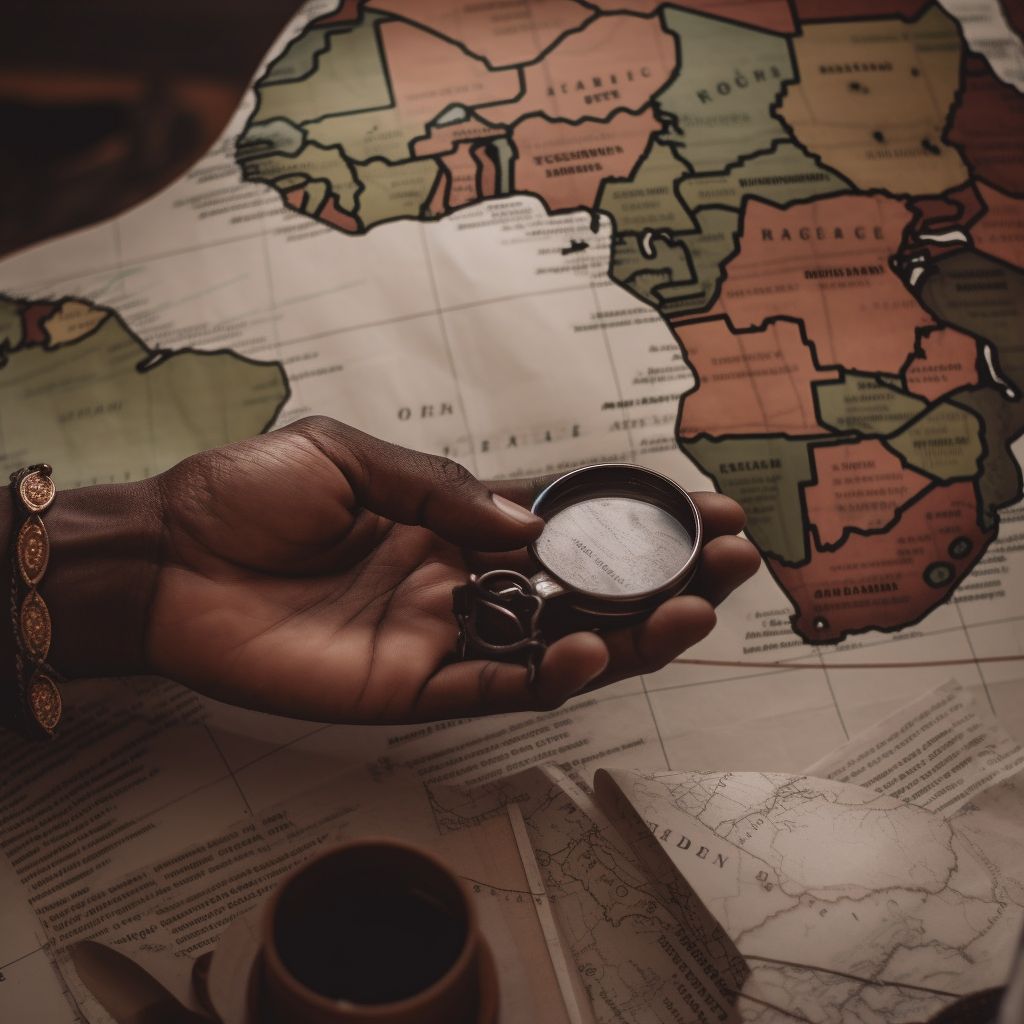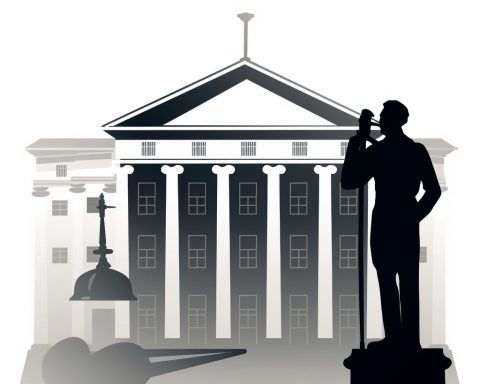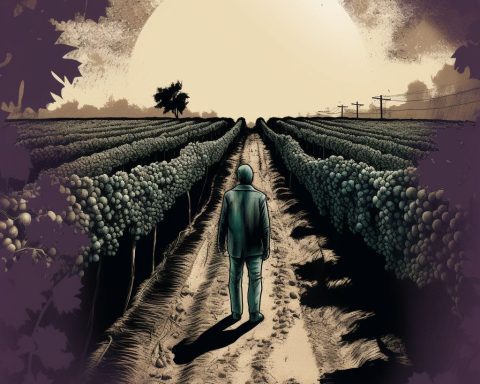After evading arrest for more than two decades, Fulgence Kayishema, one of the world’s most wanted genocide fugitives, was arrested in Paarl, Western Cape, on 24 May. This has been a significant victory for international justice as Kayishema allegedly played a key role in orchestrating the murder of approximately 2,000 Tutsis during the 1994 Rwandan genocide.
A Joint Operation
The successful arrest of Kayishema was the result of a joint operation by the International Residual Mechanism for Criminal Tribunals (IRMCT) Office of the Prosecutor (OTP) Fugitive Tracking Team and South African law enforcement authorities. Using multiple aliases and false documents to hide his identity, Kayishema had been on the run since 2001.
Atrocities and Allegations
Kayishema is accused of committing heinous atrocities during the Rwandan genocide. The massacre of men, women, children, and the elderly at the Nyange Catholic Church is one of the most gruesome acts attributed to him. These allegations make the apprehension of Kayishema all the more significant, and his arrest ensures that he will finally face justice for his alleged crimes.
Commitment to Justice
The arrest of Kayishema is a testament to the international community’s unwavering commitment to ensuring that perpetrators of genocide are prosecuted and punished. The IRMCT Chief Prosecutor Serge Brammertz lauded the arrest and emphasized that this commitment should not waver. Justice must be done, no matter how long it takes.
Indictment and Charges
Kayishema was indicted and charged with genocide, complicity in genocide, conspiracy to commit genocide, and crimes against humanity by the United Nations International Criminal Tribunal for Rwanda (ICTR) in 2001. Living in Paarl under one of his aliases, Kayishema managed to evade capture with the assistance of a network of supporters, including ex-Forces démocratiques de libération du Rwanda and individuals aligned with the genocidal Hutu Power ideology.
Recent Arrests and Remaining Fugitives
Kayishema’s arrest adds to the list of recent arrests related to the Rwandan genocide. Five fugitives, including Félicien Kabuga, Augustin Bizimana, Protais Mpiranya, and Phéneas Munyarugarama, have been captured since 2020. Only three fugitives connected to the Rwandan genocide remain at large.
The Significance of Global Cooperation
Kayishema’s arrest and impending appearance in Bellville Magistrate’s Court on 26 May underscore the significance of global cooperation in the pursuit of justice. It also serves as a reminder of the need for continued vigilance in the fight against genocide and crimes against humanity. The dedication and collaboration of international and South African authorities have proven that justice can be achieved even after decades.
A Beacon of Hope
The arrest of Fulgence Kayishema is a prime example of the power of international collaboration and the unwavering commitment to justice for the victims of genocide and crimes against humanity. The pursuit of justice may be a long and arduous process, but the capture of Kayishema and his fellow fugitives serve as a beacon of hope that ultimately, justice will be served.












